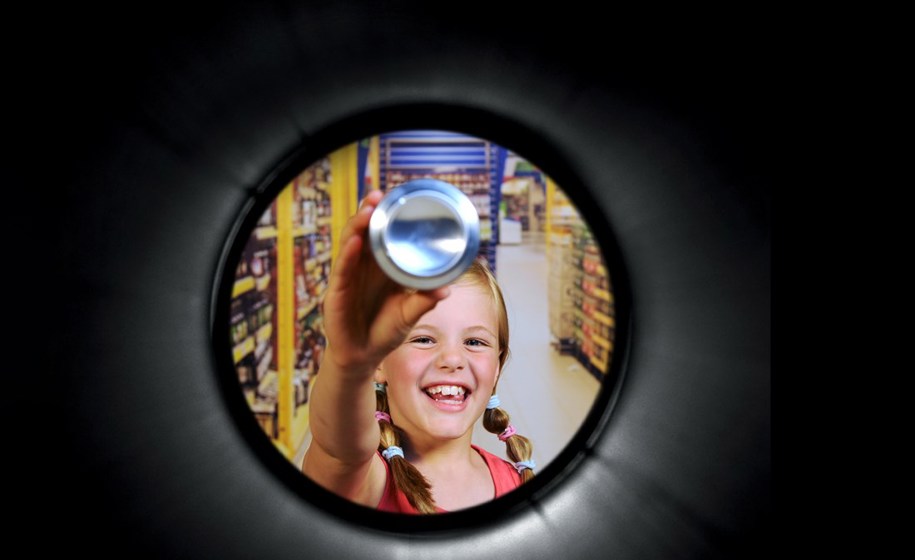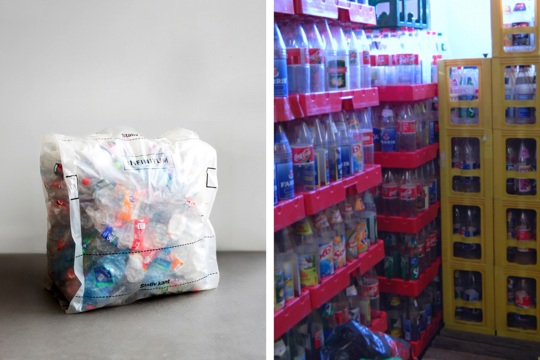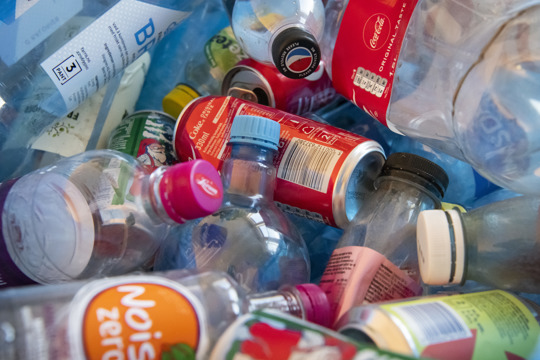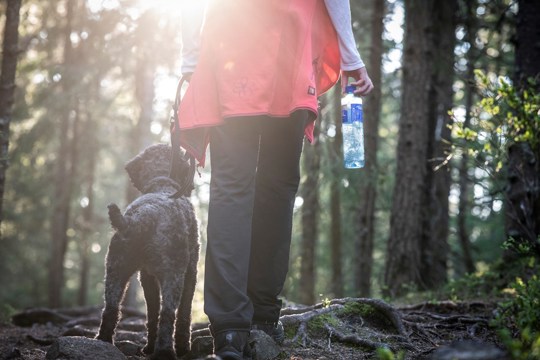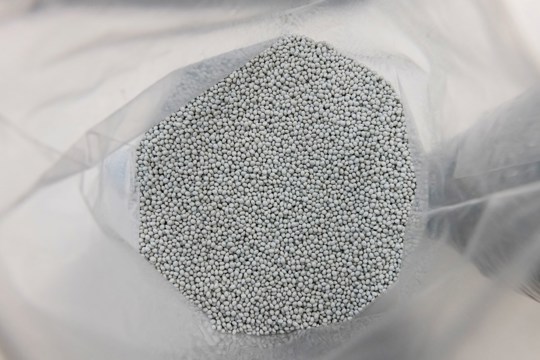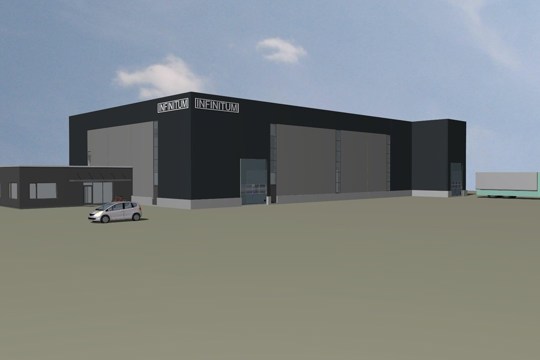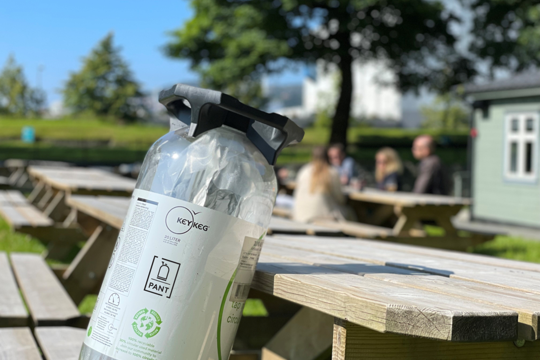Last year, we returned 585 million bottles and 800 million cans in Norway, which generated 22,000 tonnes of plastic and 11,000 tonnes of aluminium for recycling. There is huge demand for these materials in Europe.
“Because we have a separate materials stream from the reverse vending machines, everything is of the same high quality and meets the strictest standards for recycling into food and beverage packaging,” explains Infinitum’s CEO Kjell Olav Maldum.
This makes the recycled Norwegian plastic attractive for many companies wishing to be sustainable, but lacking their own collection systems.
“We see that our plastic ends up in products like clothes, car parts and washing machines. This is not an optimal use for such clean plastic,” says Maldum.
Eliminate dead-ends
Both plastic and aluminium can be recycled many times.
“We are not happy that some of our PET plastic ends up in bottles in countries that don’t have a deposit-return system, or in other products for which there is no collection scheme. That represents a dead-end for the materials, which can and should be recycled many times over,” explains Maldum. He points out that this is not sustainable.
“The upshot is that we in Norway are obliged to use a larger volume of ‘virgin’ materials than necessary. It can also lead to companies in other markets failing to take enough responsibility for collecting in their products, but appearing to be sustainable because they use the materials we have collected back in,” he adds.
Green industry
Infinitum is working continuously to make the deposit-return system as environment friendly as possible. This summer, it opened a new recycling plant for plastic bottles in partnership with Veolia. The plant is located next to Infinitum’s sorting facility at Heia in Lillestrøm. Its location reduces the need for transport between sorting and recycling, and ensures first-class materials are available for new bottles. Previously, all bottles were transported abroad for recycling.
“This is a good example of how green industry can create new jobs,” said Jan Tore Sanner, then Minister of Finance, at the plant’s official opening.
Focus on reuse
The establishment of the recycling plant is an important step in Infinitum’s strategy to ensure that the recovered plastic is reused for new bottles in Norway. It is the retail and beverage industry’s clear wish that as much as possible of the returned material should be turned back into new bottles here in Norway, instead of being exported.
“We want to close the loop, so that our materials are used and reused as many times as possible. We have strict control of the bottles before they are allowed to enter the deposit-return scheme to ensure the recycling process is as efficient as possible. This will be a modern and more environment-friendly version of the old-fashioned reuse system. While the bottles themselves used to be reused at that time, we now reuse the material instead. This is more resource efficient, and strengthens our position as the world’s most environment-friendly system for beverage containers,” says Infinitum’s CEO Kjell Olav Maldum.

